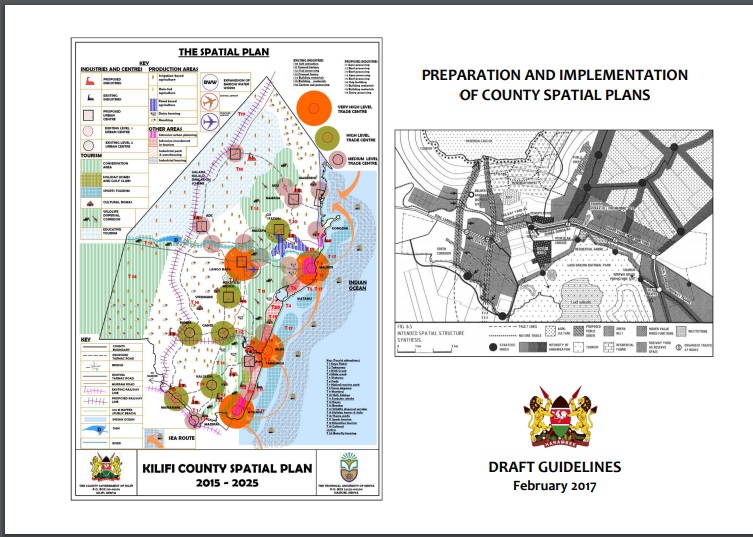DEVOLVING LAND GOVERNANCE
The Commission has been in the forefront of promoting good governance and accountability in the land sector. Progress in the land sector has been mixed. Through the effort of the government, support agencies and other stakeholders the Commission was able to devolve its function to the 47 counties through the County Land Management Boards (CLMBs). The CLMBs have in effect devolved land services throughout Kenya. However, achieving land, better land governance, accountability in the land sector and ensuring secure land rights for all Kenyan is still to be achieved.




